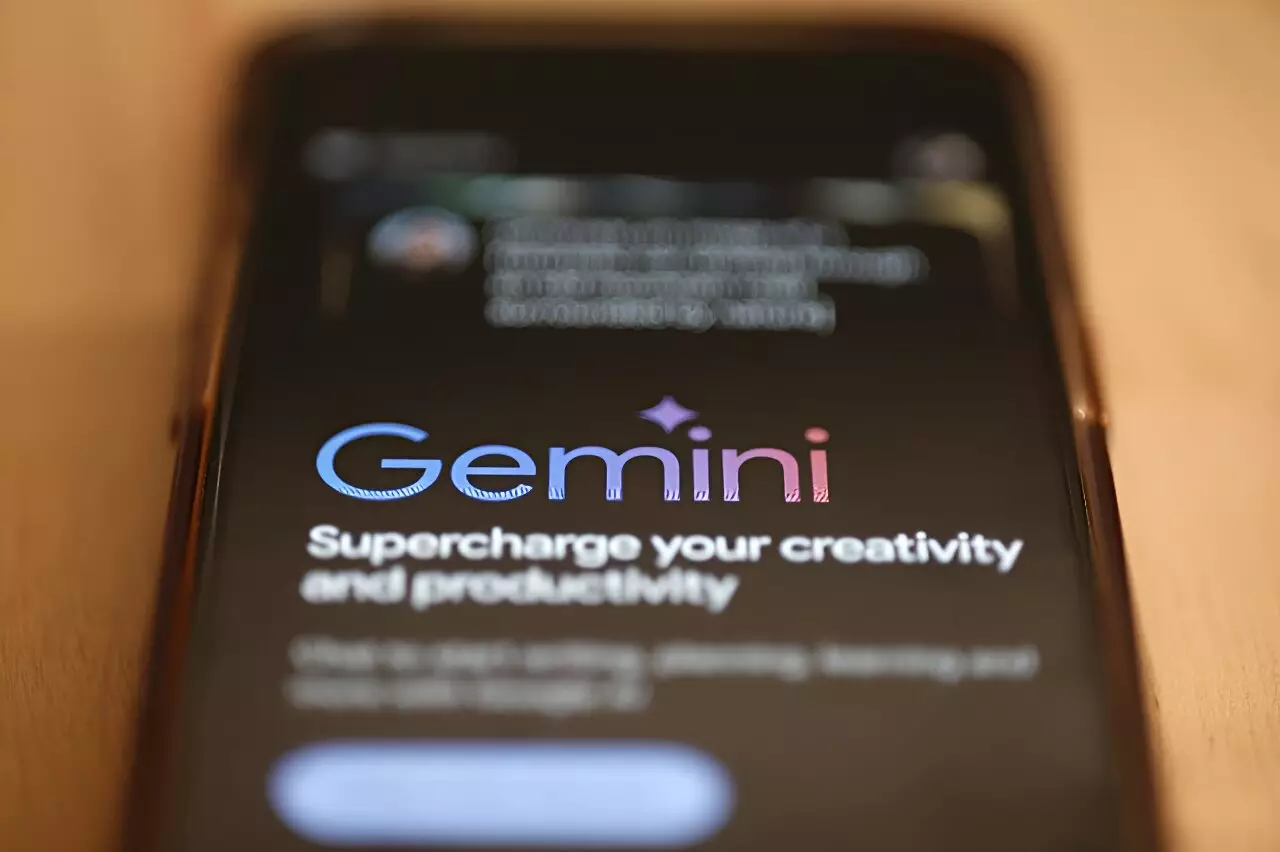

Google recently faced backlash after airing an ad for its Gemini artificial intelligence during the Olympics. The ad, titled “Dear Sydney,” aimed to showcase the capabilities of Gemini AI by featuring a father’s heartfelt account of how the tool wrote a fan letter on behalf of his daughter to US hurdler Sydney McLaughlin-Levrone. However, the ad resonated poorly with some viewers who criticized it for promoting dependence on AI over genuine human expression.
Following the negative reception, Google made the decision to pull the ad from its Olympics rotation. Social media platforms were abuzz with criticism, with many questioning the implications of a future where AI supersedes human creativity. Syracuse University media professor Shelly Palmer expressed concern that the commercial depicted AI as capable of articulating emotions better than humans themselves. Author Linda Holmes also weighed in, deeming the concept of AI-generated fan letters as undesirable.
While proponents of technology have highlighted the potential benefits of AI, there has been pushback from various sectors such as education, music, and art. Critics argue that the pursuit of advanced AI technologies comes at the cost of devaluing human skills and expertise. The use of AI to automate tasks traditionally performed by individuals has raised ethical questions about the impact on society as a whole.
Google’s misstep with the Gemini AI ad serves as a cautionary tale about the delicate balance between technological innovation and human values. As AI continues to advance, it is essential to consider the broader societal implications of relying heavily on artificial intelligence. The intersection of technology and humanity requires thoughtful reflection and ethical scrutiny to ensure that progress does not come at the expense of human autonomy and creativity.
The controversy surrounding Google’s AI ad highlights the need for a nuanced approach to integrating technology into our daily lives. While AI offers tremendous potential for innovation, it is crucial to maintain a critical perspective on its impact on human interaction and expression. The fallout from this ad serves as a reminder that the future of AI must be guided by ethical considerations and a respect for the unique abilities of the human mind.
Natural gas leaks are a growing concern in both urban and rural settings, with potential…
Recent groundbreaking research at the University of Vienna has unveiled a novel interplay of forces…
In recent years, perovskites have garnered significant attention in the fields of materials science and…
For decades, astronomers have probed the depths of the Milky Way, grappling with two perplexing…
Foreign direct investment (FDI) in developing nations has long been heralded as a path to…
As spring beckons in April and May, stargazers have the unique opportunity to witness nature's…
This website uses cookies.